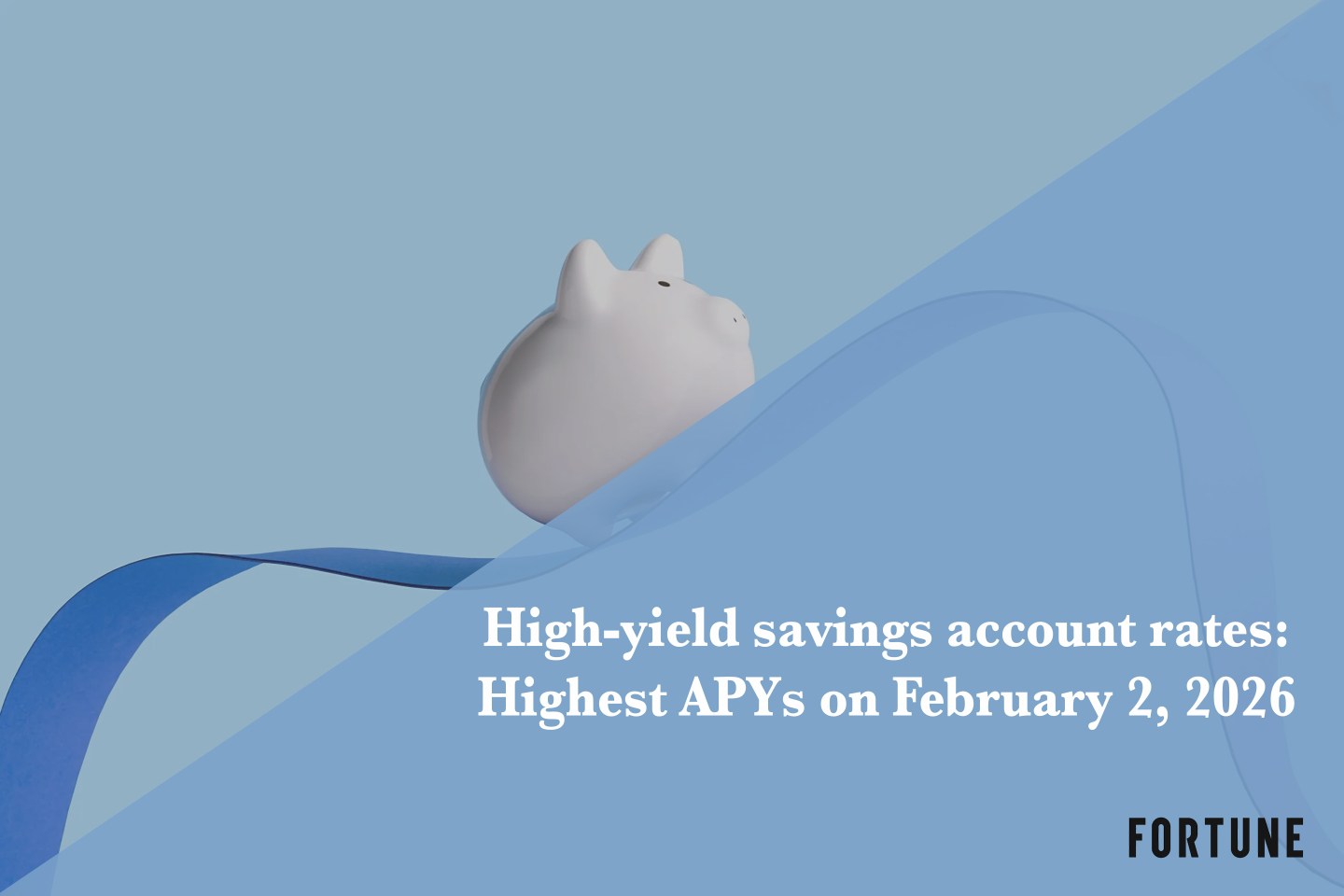Buenos Aires feels timeless with its Parisian architecture downtown, cobblestone streets and sea of packed cafes. Its postcard charm, however, has always had an archaic counterpart: cash.
One of the most resilient bastions of cash use in Argentina has been gratuities at restaurants and bars. Tipping on a debit card is legal up to 15%, however in practice that option is rarely offered. As a result, patrons — especially tourists — carry wads of bills to dinner, making stacks of pesos for the tip alone a common sight given the country’s largest denomination banknote was until recently just 2,000 pesos (about $1.50).
But tips are finally going digital in Argentina thanks to both a boom in financial technology and a footnote in President Javier Milei’s “shock therapy” plan to overhaul the economy.
E-commerce giant MercadoLibre Inc.’s payments unit, Mercado Pago, has designed a new function in its widely used app specifically for tipping. The change reflects how fintech has been integrated into cash-heavy Argentina, which had 312 firms in the sector last year up from 72 in 2017, according to an Inter-American Development Bank report.
The latest update to the app — which is only available to Argentine residents — builds on a growing, albeit uneven, trend of some wait staff giving customers their personal Mercado Pago alias for tips in the way Americans use Venmo or Zelle.
“The spread of digital payments and decline of cash use started to negatively impact the amount of tips waiters received,” Agustin Onagoity, senior director for Mercado Pago Argentina, said in a statement. “Our users and gastronomy workers really demanded a tips solution.”
Milei, meanwhile, will propose a law to formalize tipping on credit and debit cards, while his government is paving the way for commuters to pay for public transport with QR codes or a card like in New York or London. Cash is still required to top up a public transit card in Buenos Aires subway station kiosks, though digital refill options exist too.
To be clear, another type of cash — US dollars — still flourishes in Argentina, one of the top recipients worldwide of US banknotes, according to Federal Reserve research. Argentines hold billions in US cash outside the formal banking system, economists estimate.
Dollars aside, all tangible signs suggest the reign of peso banknotes is ending. Cash payments at supermarkets in May made up only 17% of total purchases, down from 36% in early 2020. Credit card payments have surged as Argentines take advantage of payment installments without interest to stretch out their buying power in a country where 270% annual inflation erodes wage growth.
Pedro Filippini, a 23-year-old barista at Zuka Cafe in Buenos Aires, lets customers send tips to his Mercado Pago account even though the coffee shop has a traditional cash jar at the register. Filippini says gratuities tend to be more generous on Mercado Pago, around 1,000 pesos, whereas cash tips come down to whatever bills a customer has on them.
While Filippini prefers digital payments, he still sees the case for cash in a country where half the population struggles to make ends meet. Lately as cell service prices have soared, he runs out of data before the end of the month, relying on WiFi — when he can get it — to access his Mercado Pago account.
“If you’re out in the street without mobile data, you can’t count on Mercado Pago,” he said. “Cash will always be indispensable, but Mercado Pago has had a lot of success because it truly offers a lot of advantages.”












